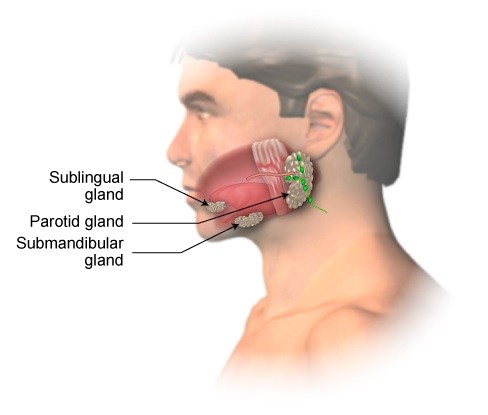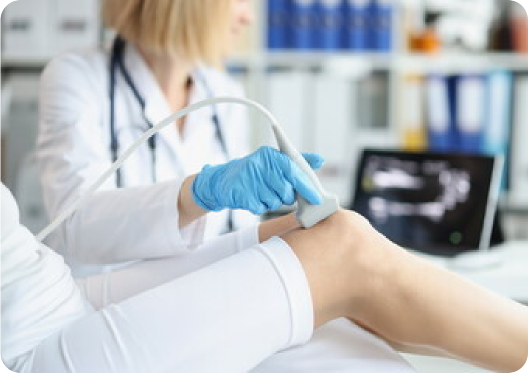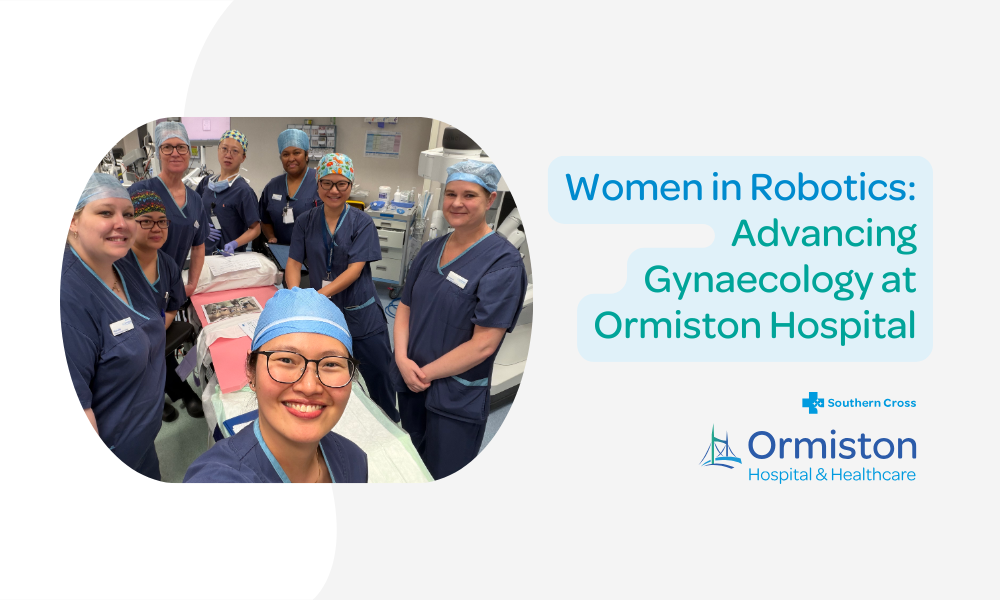Here at Ormiston Hospital, we have a dedicated endoscopy service run by a professional team, including our highly regarded consultants with expertise in sialendoscopy.
Need to know
During your private consultation with one of our specialists you will be asked questions about your symptoms, how they are impacting your daily life, and your medical history. A physical examination and imaging tests, such as ultrasounds or CT scans, of the affected area may be needed.
Your specialist will discuss whether a sialendoscopy is appropriate, how it may benefit you, and will go through the possible risks and complications associated with the procedure. If you wish to go ahead with treatment, you can then work with the admissions team to arrange a date for the procedure.
- Pain in the mouth and jaw
- Tenderness
- Redness
- Gradual swelling in the affected area
Salivary gland infection, or stones causing an obstruction, can cause significant discomfort and pain. Sialendoscopy is an excellent treatment for individuals where conservative management, such as antibiotics and massage, have failed to relieve their symptoms. This procedure offers an immediate solution for the underlying issue, and Ormiston Hospital has the facilities and expertise to provide this service.
To prepare for your sialendoscopy it is important to follow your surgeons’ specific instructions. You will be contacted prior to your procedure date to confirm your fasting period (no food or drink to be consumed) and any specific requirements we need to take into consideration throughout your stay with us at Ormiston Hospital. It is important to arrange for someone to drive you home post-procedure and to plan for some rest days.
Generally, sialendscopy is performed under general anaesthesia where you are asleep during the procedure. The specialist inserts a small camera (endoscope) through your mouth into the salivary ducts to take high-quality images and diagnose the issue. Instruments are then used to clean the affected area and remove any stones. The procedure typically takes about one hour. Throughout your procedure, your vital signs are closely monitored for safety, and your care team ensures that the procedure is as smooth and efficient as possible.
Once you have recovered from the anaesthesia, you will typically be allowed to return home. As the procedure is minimally invasive, you can expect a relatively swift recovery. There may be mild discomfort and swelling around the salivary gland area that resolves within a few days. Most individuals can resume their regular diet and activities shortly after the procedure, and any specific post-operative instructions will be provided by your specialist to ensure a smooth recovery.
Sialendoscopy is considered a safe and minimally invasive procedure, meaning there is less risk and fewer complications associated with it when compared to traditional surgery. However, it is still a medical procedure which can carry possible side effects and risks. Your specialist will discuss in detail the risks associated and provide information on how these risks can be minimised, so you receive the best possible outcome.
Common side effects and risks are:
- Infection
- Excessive bleeding
- Nerve or duct damage
- Recurrent salivary gland stones
Specialist Surgeons






